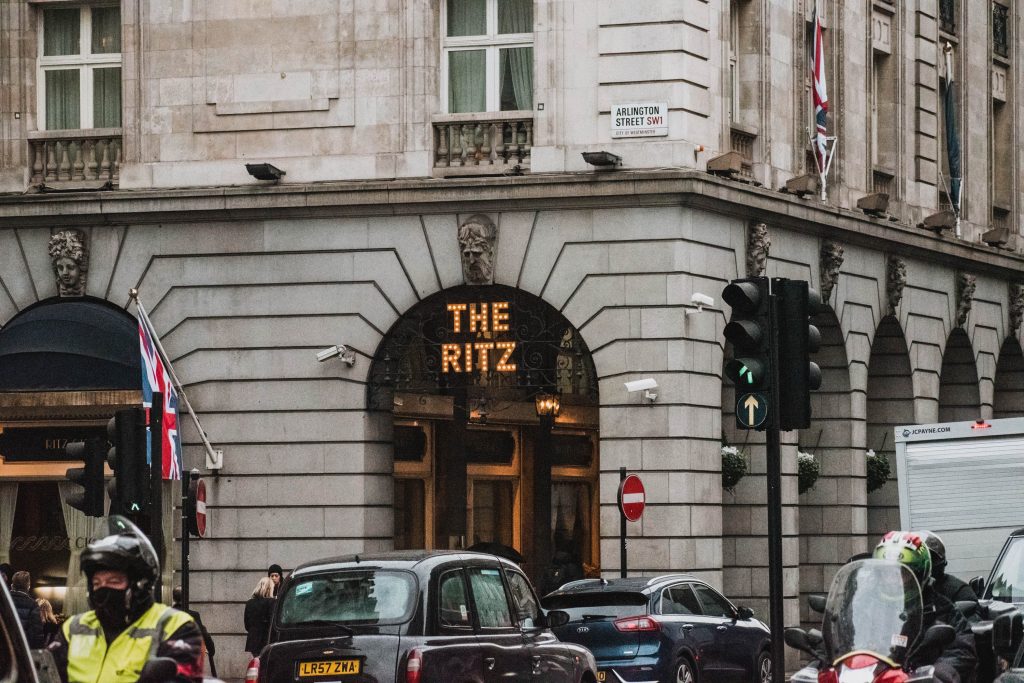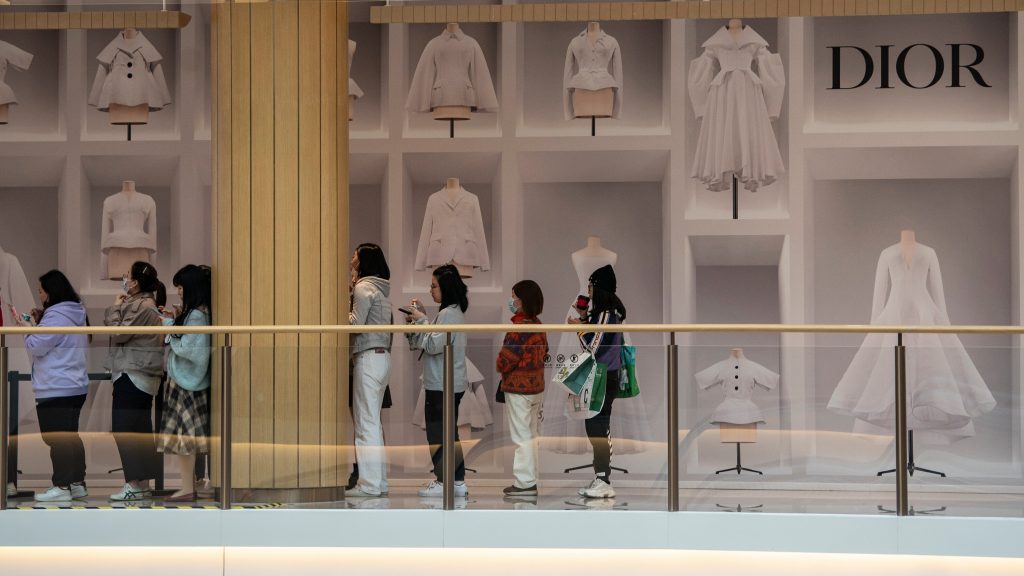High end hospitality hit hard by the wars in Israel and Ukraine

According to a research by CPP, the ongoing war in Ukraine and the war in Israel will have a major inhibiting effect for the ‘traditional’ source markets like the GCC / Middle East, U.S. and Asia for luxury hotels in Paris, London, Rome, Milan, Zurich and Vienna – with smaller towns known for their Christmas markets / fairs in Germany, Switzerland and France. There will be pressure on rates and an evident ebb in occupancy – long haul travellers may will opt for shorter stays and spend less on high-end Suites.
Other cities like Prague and Budapest will be less affected thanks to the strong demand from Europe, especially because of proximity and an abundance in low cost flights. Dubai and island destinations such as the Maldives will likely attract some more wealthy travellers from GCC / Middle East. Scandinavian countries may prove to be a last minute preferred destination to the detriment of France or the U.K. Istanbul and Cairo will see major declines in occupancy for the second half of November and December.
The travel inhibition is already showing signs with average demand for November, while more cancellations are expected for December. This is generated not only by fear of terrorist attacks at the destination or in airports as well as on flights but also because of the looming fear of the two wars, especially the one in Israel spilling over into the region and beyond.
As for the actual impact on destinations, Paris will likely see a relatively good demand for Palace ranked hotels, while five star properties may be more affected. Upscale ski destinations in France, Italy and Switzerland will likely rely on wealthy travellers from Europe who spend less – similarly to the Covid-19 pandemic (including post-pandemic).
Other luxury sectors such as fashion are being already impacted by the weak demand in China and the two ongoing wars. Situation is only likely to worsen in the next months. Some luxury sectors such as watches continue to rely on key markets such as Asia and the U.S.
Oliver Petcu


Responses